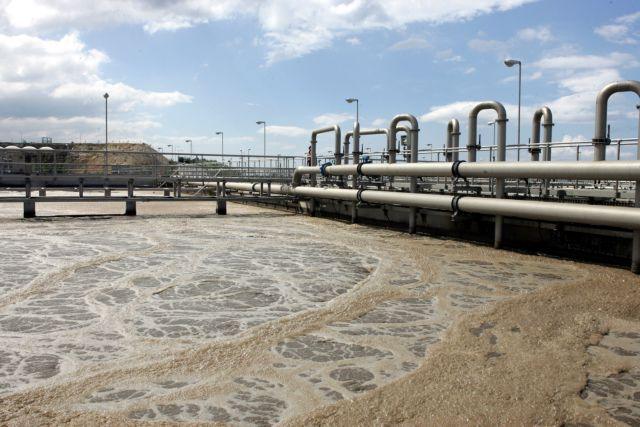Bloomberg reports that countries once at the heart of the EU’s economic crisis are now leading in performance. Greece, Spain, and Portugal boast growth rates double the eurozone average, with Greece expected to exceed 2% growth this year, while the euro area lags at 0.8%. Germany’s growth is forecasted to be minimal.
The crisis era painted Southern Europe as irresponsible and unproductive, reliant on “charity” from wealthier Northern European countries. However, perceptions have shifted. Governments, businesses, and households have experienced a turnaround. While tourism has played a role in the recovery, years of restructuring efforts have also stabilized these economies, according to Bloomberg.
Greece serves as a prime example, having lost a quarter of its GDP during the crisis but regaining its investment grade last year. Conversely, France was downgraded by S&P Global Ratings recently.
“The uncertainty for Greece and the other Southern countries has now vanished,” stated Nikos Vettas, the Managing Director of the Foundation for Economic and Industrial Research in Athens. “This doesn’t mean that there isn’t still much to be done. However, the absence of uncertainty is the most significant factor, as in the past, it drove away capital and workers.”
However, despite progress, lingering signs of the crisis persist, especially in the job market, and efforts to rebuild reputations continue.
Bloomberg highlights a significant challenge: the rise in wages and living standards. Both Portugal and Greece have minimum wages below 1,000 euros per month, potentially fueling dissatisfaction in Europe, as seen in recent election results.
While mass tourism and manufacturing remain significant, there’s a push towards higher-value sectors like biotechnology services, reflecting the acknowledgment that standing still offers no benefit.
Source: tovima.com


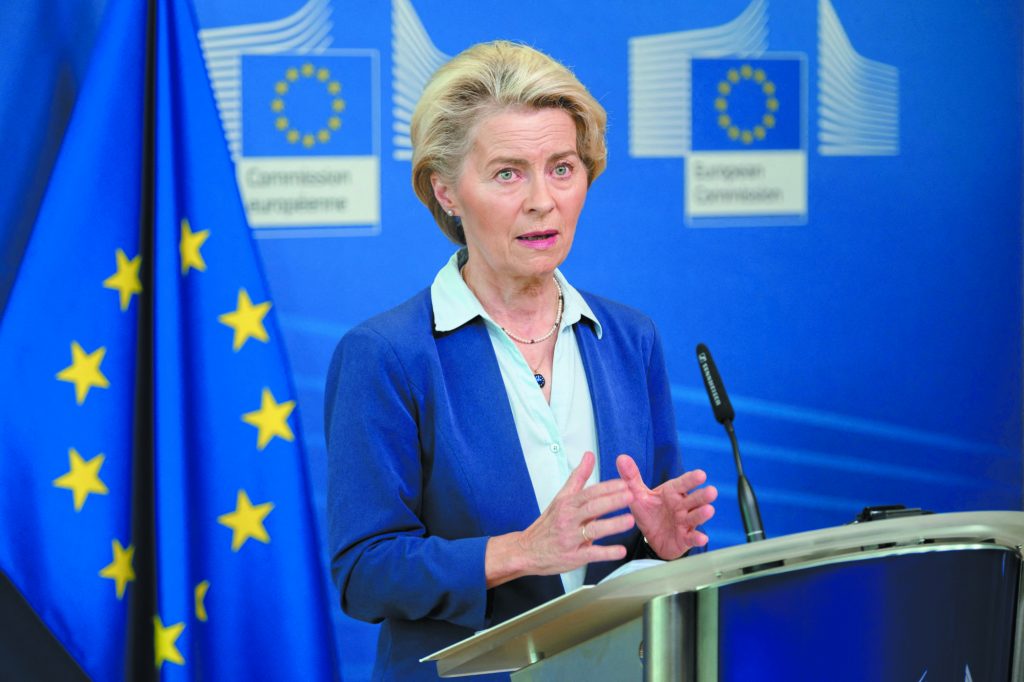








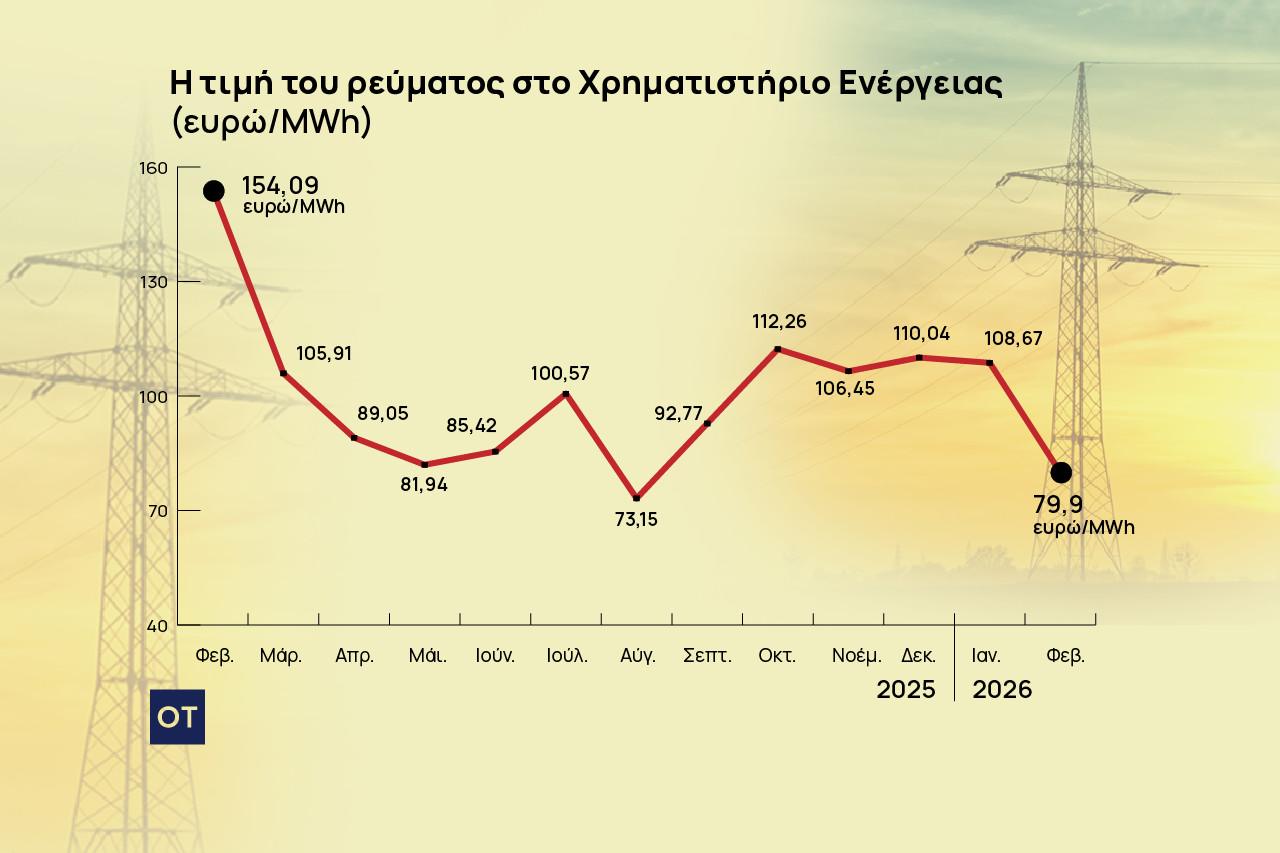

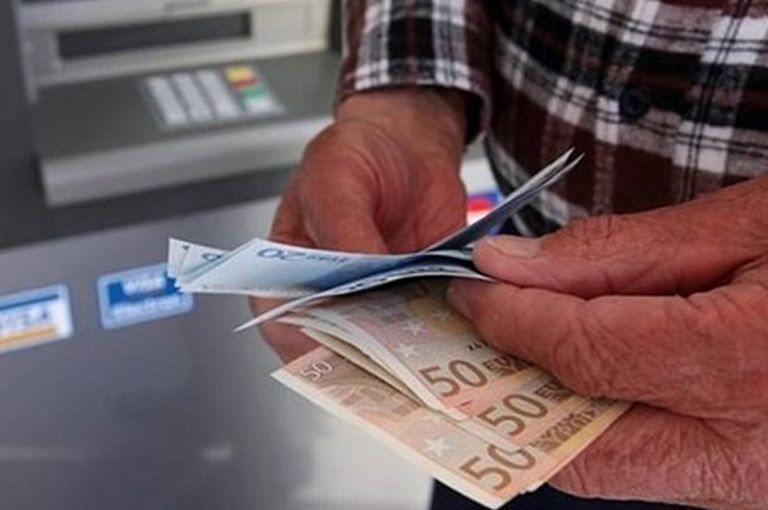


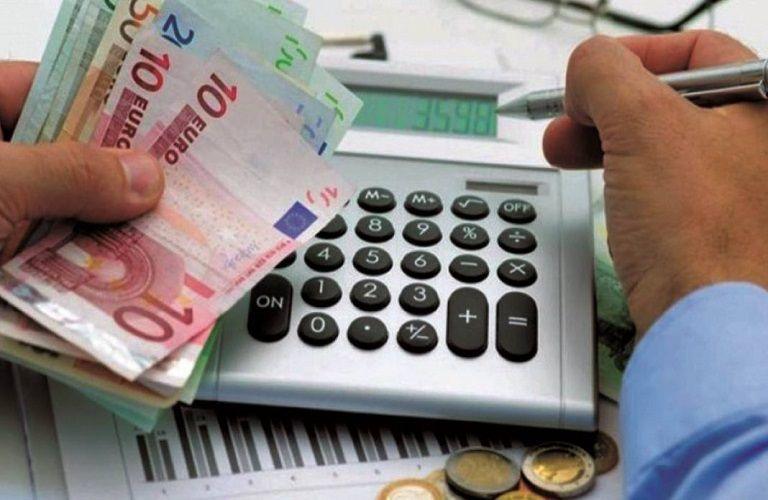
![Ακίνητα: Η έκπληξη της Θεσσαλονίκης στο real estate [πίνακες]](https://www.ot.gr/wp-content/uploads/2026/01/Thessaloniki-White-Tower-film-1024x576-1.jpg)
